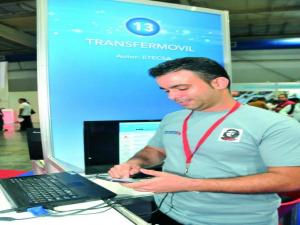
The process of computerizing our society requires those linkages, in which each element holds a position, whether as managers of the links or as providers of some sort of service or technology, asserted DeSofts General Director.
https://bit.ly/32Qdq8b
The reality imposed by COVID-19 in almost every aspect of the social, political or economic life, has led us to stop following certain routines and implementing new ones. In that context, many work activities have had to transform their field of action and find alternatives and non-traditional mechanisms to ensure the functionality of certain tasks.
More than ever before, the need to speed up digital transformation processes has become very clear. Perhaps, because of that, the telecommunications sector has been one of the areas, which amidst the pandemic, has not stopped managing and boosting the policy for the computerization of society.
As part of that strategy, six new provisions -that encompass several sectors- were published in relation to the States IT Applications and Services Enterprises (EASI) and the new management model that they will implement gradually. Their purpose is to encourage productive linkages and the research-development and innovation activities, among other elements.
Those provisions arise a year after the enactment of a group of legal instruments that define what computerization of society means, adjust the aspects concerning cyber-security, and also devote part of its focus to the software and IT applications industry.
In that sense, the Executive Order No. 370 was the preamble of this legal framework, which has allowed for a change in the previously established procedures to take place, and for greater powers to be granted to companies of the sector so that they can really help replace imports, increase productivity and improve the quality of processes as well, said Luis Guillermo Fernandez Perez, general director of the IT applications company DeSoft, in an interview with Granma. DeSoft is one of the 22 entities that have been benefited by the new regulations.
The software industry needs to be revitalized, and those provisions are an important step toward that purpose, which among other advantages, offer the chance to promote new business models based on the use of state-of-the-art technology, such as Artificial Intelligence, Big Data and Cloud Computing, and on the employment of specialists and students, as a way of strengthening university-enterprise relationships, he asserted.
He also said that a differentiated model of managing finances, employment and salaries is established, allowing to reorganize work force under a uniform and professional categorization diagram and providing companies with greater autonomy when distributing profits.
On the other hand, we still need to figure how we are going to introduce the private sector into this scenario of creation and development, the official affirmed.
State-owned companies will always be the backbone of the computerization process, but the spaces must be created, and for that purpose, a change of mentality and business focus is necessary, based on software as a service, he added.
The industry has to include all the players, and there is a private sector, which has been given several possibilities and permits to work as computer programmers, but whose work is not connected to what EASI(s) do because they lack that bond that could allow them to channel all their needs and focus them on a single purpose: the computerization of society, he explained.
The process of creating and developing IT applications and tools cannot be seen as a closed cycle in which other players are not able to participate, Fernandez Perez explained. Such a way of acting is gradually becoming obsolete because the facts have proven how necessary it is to bolster productive linkages, not only those related to cost reduction or technological capitalization, but also the ones concerning the results obtained by the final product.





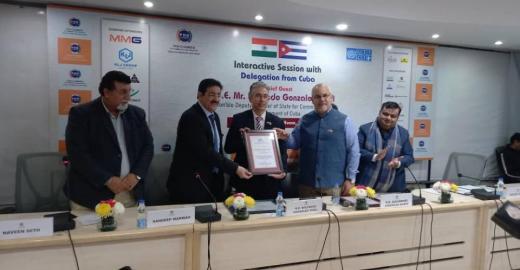
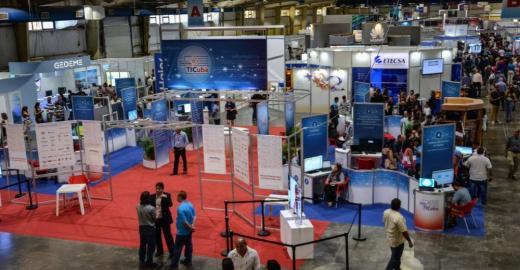
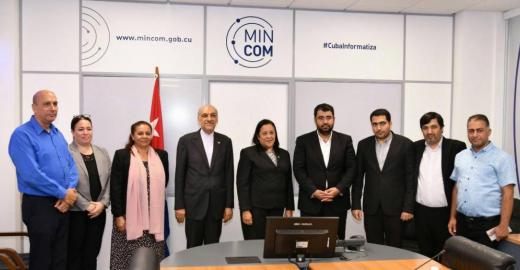



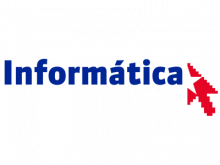
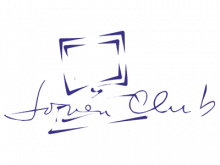
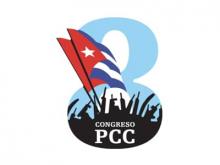
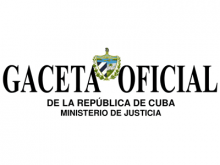

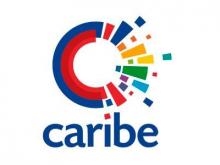
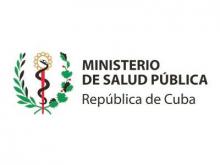

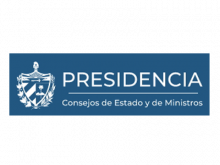

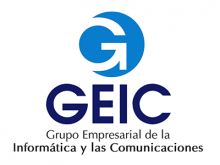
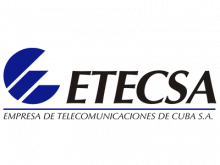
Publicar nuevo comentario